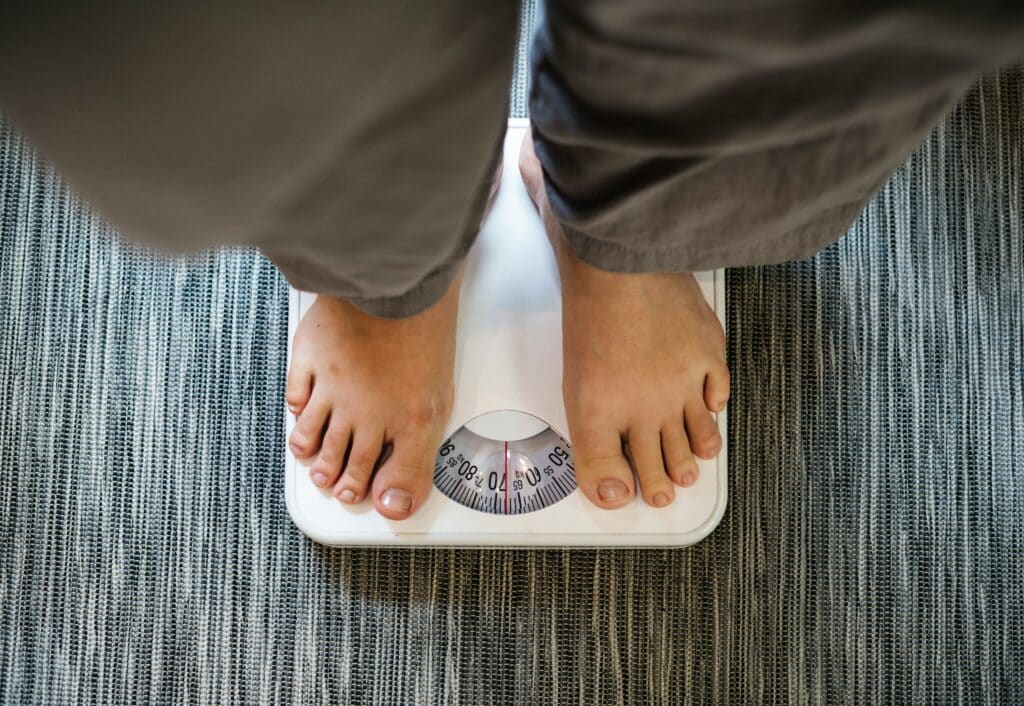Can You Develop a Tolerance to Mounjaro? Why Some Patients Stop Losing Weight
Can You Develop a Tolerance to Mounjaro? Why Some Patients Stop Losing Weight
- Todd P
Mounjaro (tirzepatide) has been a breakthrough medication for weight loss and type 2 diabetes management. Many patients experience significant weight loss in the first few months of treatment. However, some notice that their progress slows down or stops over time, leading them to wonder whether their body has developed a tolerance to the medication.
While Mounjaro remains effective for most patients, weight loss plateaus are common due to metabolic adaptation, appetite changes, and lifestyle factors. This article explores why weight loss might stall on Mounjaro and strategies to overcome it.
How Mounjaro Works for Weight Loss
Mounjaro is a dual GLP-1 and GIP receptor agonist, meaning it works by mimicking hormones that help regulate blood sugar, slow digestion, and reduce hunger. By increasing insulin sensitivity and decreasing appetite, it helps patients lose weight more effectively than GLP-1 medications alone, such as Ozempic or Wegovy.
Most patients experience the fastest weight loss in the first few months, but some may eventually hit a plateau. Understanding why this happens can help patients adjust their approach and continue seeing results.
Why Weight Loss Might Stop on Mounjaro
Metabolic Adaptation
As the body loses weight, it requires fewer calories to maintain itself. This natural adaptation can slow weight loss over time, even if a patient is following the same diet and exercise routine.
Loss of Appetite Suppression Over Time
Mounjaro helps reduce hunger, but some patients report that their appetite returns after months of treatment. This may be due to the body adjusting to the medication’s effects, requiring changes in diet or dosage.
Not Adjusting Dosage Properly
Mounjaro is typically increased over time, but some patients may stay on a lower dose for too long, limiting its effectiveness. If weight loss slows, increasing the dosage under medical supervision may help.
Changes in Diet and Exercise Habits
Early weight loss can be motivating, but some patients may gradually return to old eating patterns. Additionally, the body adapts to regular exercise, meaning new challenges may be needed to continue burning fat.
Gut Hormone Adaptation
Some patients may experience a reduced response to Mounjaro’s effects over time, meaning they no longer feel as full after meals. This can lead to increased calorie intake, slowing weight loss progress.
Should You Take a Break From Mounjaro?
Some patients consider taking a temporary break from Mounjaro to “reset” their body’s response to the medication, hoping it will become more effective when restarted. However, this approach comes with risks.
Discontinuing Mounjaro can lead to a rapid return of appetite, making it harder to control food intake. Without the medication’s appetite-suppressing and blood sugar-regulating effects, many patients experience weight regain, undoing much of their progress. Additionally, restarting the medication after a break may not guarantee the same level of effectiveness, and some patients may struggle with side effects when reintroducing the drug.
Rather than stopping Mounjaro, a more effective approach is to adjust dosage, reassess diet, modify exercise routines, and address other factors like sleep and stress management. Working with a healthcare provider to make gradual adjustments ensures that weight loss continues without the potential setbacks of discontinuing the medication.
How to Overcome a Mounjaro Weight Loss Plateau
Consider a Dosage Increase
If weight loss has stalled, discussing a dosage increase with a doctor can be beneficial. Many patients see renewed progress when moving from a lower dose to higher options such as 10 mg or 12.5 mg.
Reassess Caloric Intake
As weight decreases, the body requires fewer calories. Tracking food intake can help ensure that portion sizes and calorie consumption align with new energy needs.
Increase Physical Activity
If weight loss has stalled, increasing physical activity, particularly resistance training, can help preserve muscle mass and boost metabolism. Adjusting workout routines to include higher-intensity activities can also break through a plateau.
Time Meals Strategically
Focusing on protein-rich meals and reducing processed carbohydrates can help keep blood sugar levels stable. Some patients find that intermittent fasting or adjusting meal timing helps optimize weight loss.
Monitor Stress and Sleep
High stress levels and poor sleep can disrupt weight loss by affecting hunger hormones. Prioritizing quality sleep and managing stress through relaxation techniques or therapy can help improve Mounjaro’s effectiveness.
Conclusion
While developing a true tolerance to Mounjaro is unlikely, many patients experience weight loss plateaus due to metabolic adaptation, appetite changes, and lifestyle factors. Increasing the dosage, adjusting dietary intake, modifying exercise routines, and improving sleep and stress levels can help patients continue to see results.
If weight loss stalls for an extended period, speaking with a healthcare provider can help determine the best strategy for ongoing success.
Reference:
Mounjaro, Zepbound: What Happens to Your Body When You Stop Taking Weight Loss Drugs


